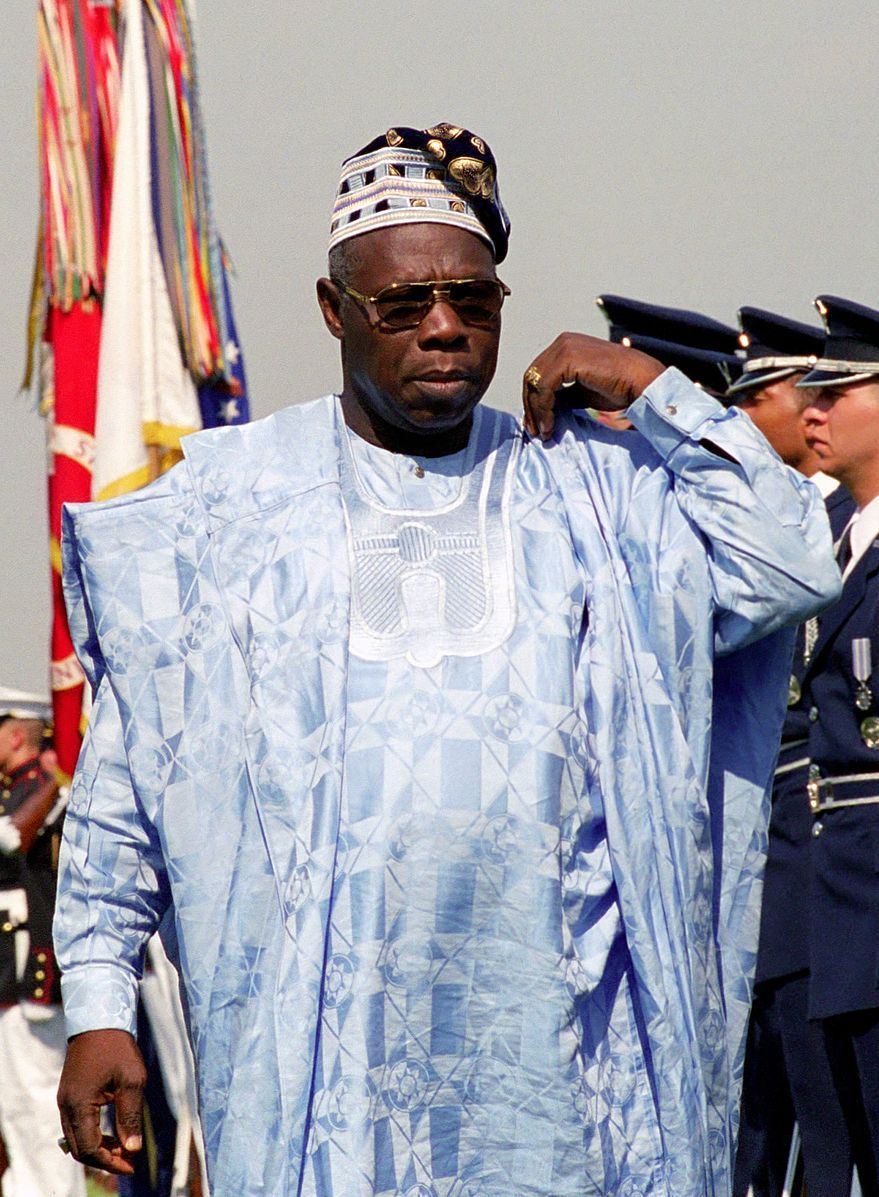Nnamdi Azikiwe: A Founding Father's Vision for Nigeria's Independence

Nnamdi Azikiwe, a towering figure in Nigeria's history, played a vital role in the country's struggle for independence and its early years as a nation. As the first President of Nigeria, Azikiwe was a visionary leader who championed national unity, Pan-Africanism, and education. This article delves into Azikiwe's life, his contributions to Nigeria's fight for independence, and his tenure as the country's ceremonial president. Azikiwe's unwavering dedication to his country's progress continues to inspire generations of Nigerians.
Early Life and Political Awakening: Born on November 16, 1904, in Zungeru, Northern Nigeria, Nnamdi Azikiwe was raised in a family that valued education and public service. He excelled academically, earning scholarships to study in the United States. It was during his time at Lincoln University in Pennsylvania that Azikiwe developed a strong sense of nationalism and became acutely aware of the racial discrimination prevalent at the time.
Inspired by the pan-Africanist ideas of Marcus Garvey and the civil rights movement in America, Azikiwe returned to Nigeria in the late 1920s, determined to fight for the rights and emancipation of his people. He embarked on a career in journalism, becoming the editor of the African Morning Post and using his platform to advocate for self-governance and social justice.
Fight for Independence: Azikiwe's involvement in Nigerian politics gained momentum in the 1940s when he co-founded the National Council of Nigeria and the Cameroons (NCNC), a political party dedicated to Nigerian self-governance. He used his oratory skills and writing prowess to rally the masses, promoting a united Nigeria that transcended regional and ethnic divisions.
As a prominent nationalist leader, Azikiwe played a key role in the negotiations for Nigeria's independence from British colonial rule. He was an integral part of the Nigerian delegation that engaged in constitutional talks and discussions with British authorities. Azikiwe's insistence on a federal structure for Nigeria, ensuring regional autonomy while maintaining a strong central government, shaped the country's post-independence political framework.
Presidency and Contributions: When Nigeria gained independence on October 1, 1960, Azikiwe assumed the position of the country's first President. However, it is important to note that during this period, Nigeria operated under a parliamentary system, with a ceremonial president.
As President, Azikiwe focused on fostering national unity and promoting education as a means of empowering the Nigerian people. He advocated for free primary education, aiming to expand access to schooling and reduce illiteracy rates. Recognizing the importance of Pan-Africanism, Azikiwe actively supported the decolonization efforts of other African nations and worked towards the realization of a united Africa.
Despite the ceremonial nature of his role, Azikiwe used his position to advocate for social justice and national development. He established the University of Nigeria, Nsukka, in 1960, which became a center for intellectual discourse and produced generations of influential Nigerians. Azikiwe's commitment to education as a catalyst for progress set the foundation for Nigeria's future intellectual and academic achievements.
Legacy and Inspiration: Nnamdi Azikiwe's legacy as a founding father of Nigeria is deeply ingrained in the nation's history. His unwavering commitment to Nigerian unity, Pan-Africanism, and education continues to inspire generations of leaders and citizens. Azikiwe's political philosophy of "Zikism" emphasized self-reliance, social justice, and equitable development, providing a guiding framework for Nigeria's socio-political aspirations.
Azikiwe's contributions extended beyond his presidency. He went on to serve as Nigeria's Governor-General and later as the ceremonial President from 1963 to 1966. His active involvement in politics and public life, coupled with his intellectual acumen, made him a revered figure in Nigerian society.
Nnamdi Azikiwe's profound impact on Nigeria's struggle for independence and nation-building cannot be overstated. A visionary leader, passionate orator, and advocate for education, Azikiwe dedicated his life to the progress and empowerment of his people. His indomitable spirit and unwavering belief in a united Nigeria continue to inspire the nation as it faces contemporary challenges. As Nigerians reflect on their journey, Azikiwe's legacy serves as a reminder of the ideals and principles that can shape a prosperous and inclusive future.


